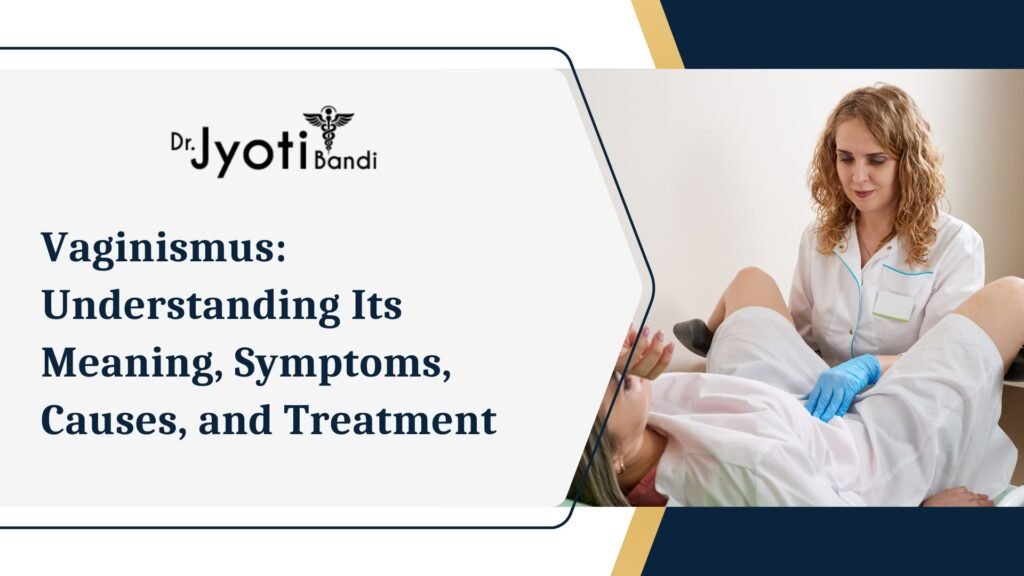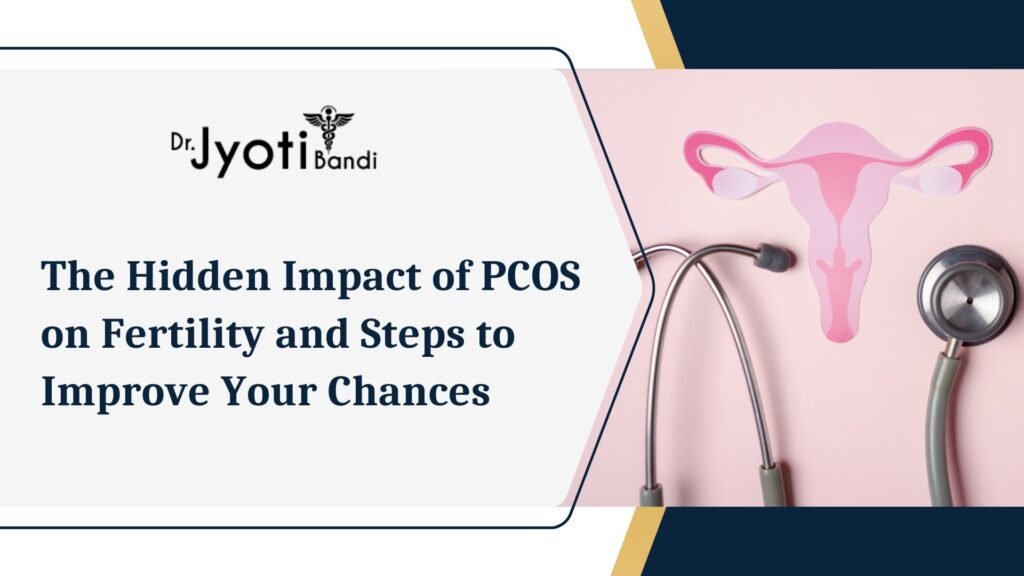Infertility can be a deeply emotional and complex journey. Among the many medical terms that individuals and couples come across during fertility evaluations, AMH (Anti-Müllerian Hormone) stands out as a critical marker. Many women are concerned when they hear that they have “low AMH levels,” often fearing that it may entirely rule out their chances of conceiving, especially through IVF (In-Vitro Fertilization).
However, as Dr. Jyoti Bandi, one of the leading fertility specialists and IVF experts in HSR Layout, Bengaluru, explains — low AMH does not mean “no hope.” In fact, many women with low AMH have gone on to have successful IVF cycles and healthy pregnancies. Let’s explore this topic in detail.
Understanding AMH and Its Role in Fertility
AMH, or Anti-Müllerian Hormone, is a protein hormone secreted by the cells of developing ovarian follicles. In simple terms, it gives doctors an idea about a woman’s ovarian reserve, i.e., how many eggs are potentially available in her ovaries.
- High AMH levels typically indicate a good number of remaining eggs.
- Low AMH levels suggest a lower ovarian reserve.
It’s important to note that AMH does not predict the quality of eggs — only the quantity. This distinction becomes very important when planning fertility treatment, especially IVF.
Low AMH: Should You Be Worried?
Hearing that your AMH levels are low can be distressing, but it’s not the end of the road. Dr. Jyoti Bandi emphasizes that AMH is just one piece of the fertility puzzle. Many other factors influence IVF success, including:
- Age of the woman
- Overall health and reproductive history
- Quality of the sperm
- Presence of other medical conditions (e.g., PCOS, endometriosis)
While low AMH suggests that fewer eggs might be retrieved during an IVF cycle, it doesn’t necessarily mean that the eggs retrieved won’t be good enough to lead to a successful pregnancy.
IVF with Low AMH: Is It Possible?
The short answer is yes — IVF is very much possible even with low AMH levels. But success requires a personalized and strategic approach. According to Dr. Jyoti Bandi, the treatment plan for patients with low AMH is designed with extra care to optimize the number and quality of eggs retrieved.
Here’s how fertility specialists manage IVF in women with low AMH:
1. Personalized Stimulation Protocols
Every woman’s body responds differently to ovarian stimulation medications. In cases of low AMH, doctors often use aggressive or tailored stimulation protocols to try and retrieve as many mature eggs as possible in a single cycle.
2. Early Intervention
Time is crucial when dealing with low ovarian reserve. Women are advised not to delay treatment. The sooner IVF is initiated, the better the chances of using the remaining ovarian reserve effectively.
For more information please watch this video
3. Egg Quality Over Quantity
Even if fewer eggs are retrieved, good-quality eggs can lead to high-quality embryos. A single good embryo can be enough for a successful pregnancy. Age plays a vital role here — younger women often have better egg quality, even if their AMH is low.
4. Use of Adjunct Therapies
Dr. Bandi explains that certain supplements and medications, such as DHEA (Dehydroepiandrosterone) and Coenzyme Q10, may help improve ovarian function and egg quality in some women. However, these should only be taken under medical supervision.
Should You Consider Egg Freezing?
For women with low AMH who are not yet ready for pregnancy, egg freezing may be a good option. Preserving eggs at a younger age — when quality is still relatively high — can provide more flexibility in the future.
Important Lifestyle Considerations
While medical treatment plays a crucial role, lifestyle choices can also impact reproductive health. Dr. Bandi recommends the following to improve IVF outcomes:
- Maintain a healthy weight (especially important for hormonal balance)
- Quit smoking and limit alcohol
- Manage stress levels, as chronic stress can affect ovulation
- Follow a nutrient-rich diet that supports hormonal health
- Exercise regularly, but avoid overexertion
Emotional Support and Counseling
Dealing with fertility issues can be emotionally taxing. Women with low AMH may feel defeated before even beginning treatment. That’s why Dr. Jyoti Bandi strongly advocates for emotional support and fertility counseling throughout the journey. Having a compassionate medical team and open discussions about your fears and hopes can make a huge difference.
When to See a Fertility Specialist
If you’ve been trying to conceive for six months or more and have irregular periods, a family history of early menopause, or other reproductive issues, it’s wise to consult a fertility expert sooner rather than later. Testing AMH early can help guide timely decisions.
Conclusion: Low AMH Is Not the End
Low AMH is certainly a factor to be aware of — but it is not a fertility death sentence. As Dr. Jyoti Bandi explains, with prompt medical evaluation, a customized IVF plan, and a supportive environment, many women with low AMH levels have become parents.
The key takeaway is: Don’t lose hope. Seek expert guidance. Take action early. Fertility science has advanced dramatically, and miracles happen every day — even when the odds seem challenging.


